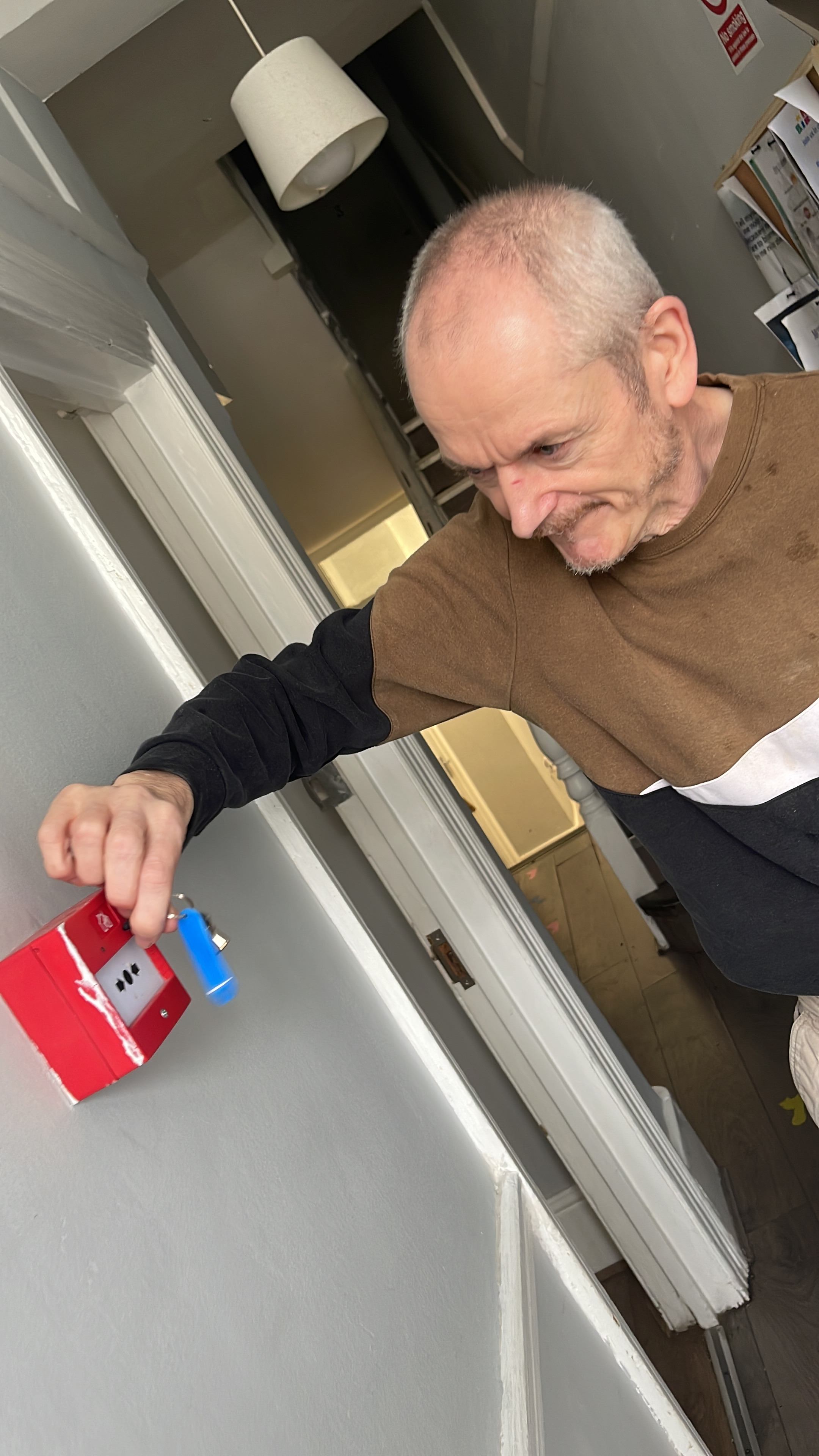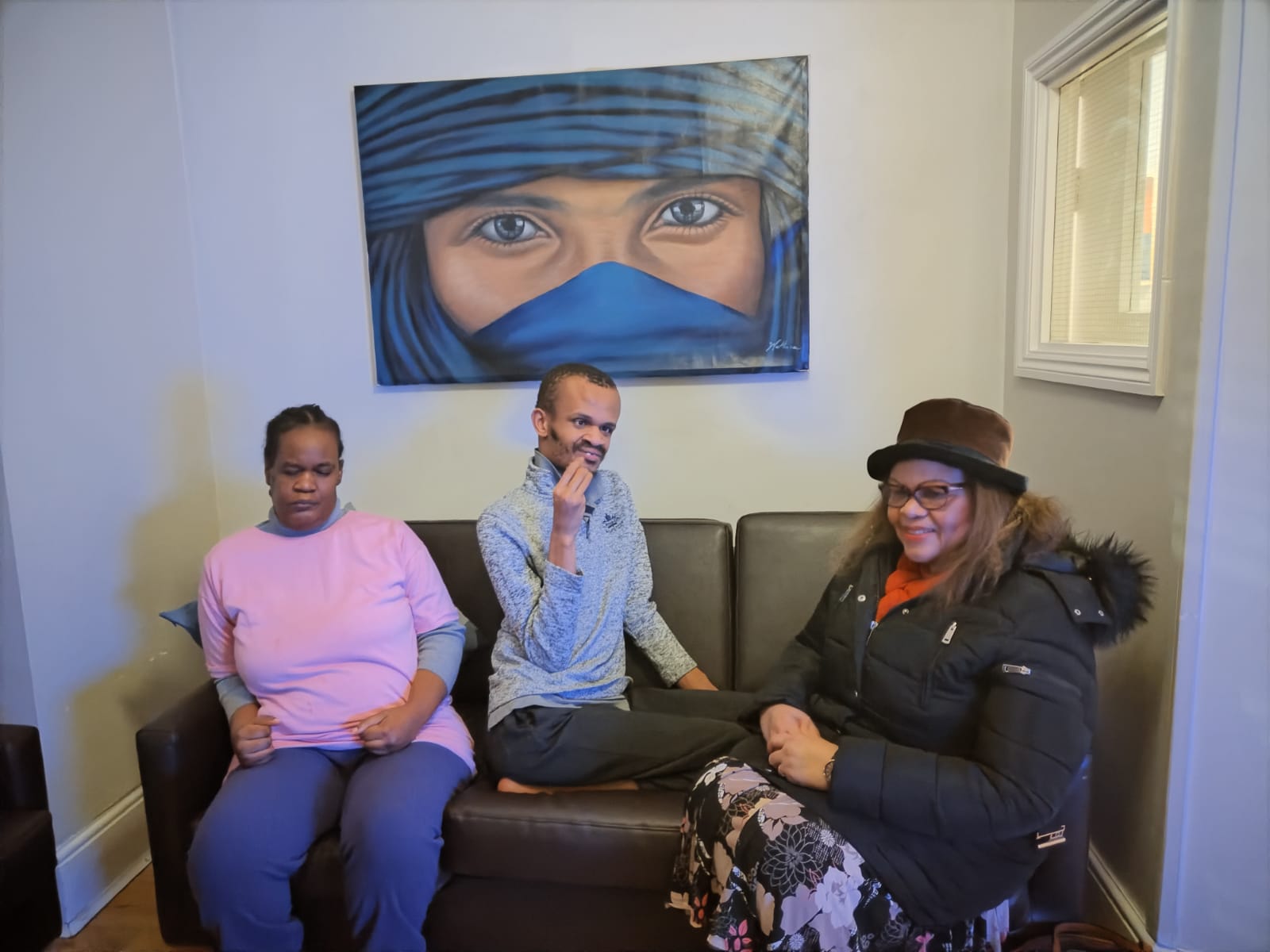
At Unified Care, we operate within the Care Quality Commission domains of Safe, Effective, Caring, Responsive and Well-Led. We are also attuned to the Adult Social Care Outcomes Framework domains of Quality of Life, Independence, Empowerment, Safety, Social connections and Continuity and Quality of Care.
We have already undertaken rigorous assessment by the National Autistic Society to maintain the Autism Accreditation (2024) and we are rated Good by CQC.
Unified Care’s policy on Protection and Prevention of Abuse (Safeguarding Adults) underpins the values, principles and practices of safeguarding and protection of service users. Safety is embedded within all practices, including supporting service users to protect themselves and make their views known and heard. Safeguarding is discussed during every supervision with staff, to ensure that everyone is aware of signs and the processes to follow. This is reinforced by mandatory training and the Registered Manager and Team Leaders take the lead to ensure that all documentation is completed and reported to CQC.

Unified Care’s policy on Protection and Prevention of Abuse (Safeguarding Adults) underpins the values, principles and practices of safeguarding and protection of service users.
Safety is embedded within all practices, including supporting service users to protect themselves and make their views known and heard. Safeguarding is discussed during every supervision with staff, to ensure that everyone is aware of signs and the processes to follow. This is reinforced by mandatory training and the Registered Manager and Team Leaders take the lead to ensure that all documentation is completed and reported to CQC.


We track these outcomes with our service users to describe a journey of change and to identify where support is needed to progress and achieve in one of the domains. The outcomes tool also helps the service user, their family and care worker to identify barriers, such as not easily receiving support, feeling overwhelmed or feeling conflict and distress. The stages of support increase in proportion to independence and achieving stability, towards service users learning for themselves, learning skills and strategies to help identify the support needed. The final stage of this journey is becoming more selective and self-reliant.

Service users’ outcomes and SMART goals are reviewed monthly, by their Key-Worker, using the Outcomes Star tool and evaluate current documentation, to ensure it’s still current and accurate
The monthly organisational review meeting (ORM) is completed for each scheme, by the manager or team leader, including:
- Action plans on issues raised
- Checklist on any incidents
- Detailed RAG rating per service user living in each scheme
- Health and Safety and maintenance checks and concerns
- Medication Audit
- Overall actions, comments and concerns related to the scheme
- Risk assessments in place for each service user
- Support plans reviewed for each service user.
A fortnightly management team meeting builds upon the ORMs and issues and good practice are escalated and shared.
Nourish Care is the records system where client observations are inputted and
this is accessed for Team Meetings, Management Meetings and evidence to monitor general improvements.
Key Worker responsibilities are clearly identified and undertaken, including :
- Budgeting sessions
- Key-Worker Report (with photographs)
- Medical Appointments Update
- Outcomes Star review with SMART Goals
- Review of Activity Planner
- Risk Assessments
- Support plan Evaluation
Regular and routine training and supervision of staff enables issues,
learning and questions from staff to be voiced in a supportive environment.